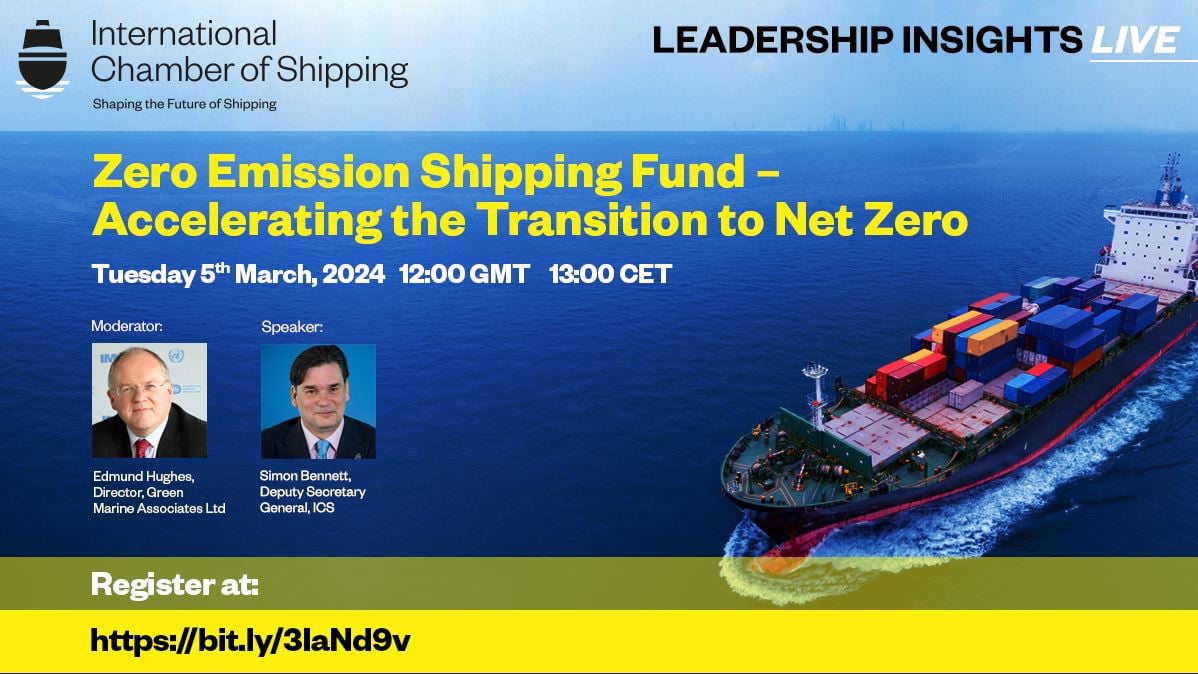Shipping Industry Confident about Environmental Performance, ICS tells Arctic Summit
At a high-level Arctic Summit, organised by The Economist magazine in Oslo on 12 March, the International Chamber of Shipping (ICS) – the global trade association for merchant ship operators – highlighted important issues associated with the growth of Arctic shipping and expressed confidence in the industry’s environmental performance.
ICS stressed the critical importance of a mandatory and uniform regulatory framework to ensure maritime safety and environmental protection, as the volume of Arctic shipping gradually increases in response to new interest in developing the region’s natural resources.
ICS Secretary General, Peter Hinchliffe, explained: “The International Maritime Organization is the appropriate forum for developing standards for ships operating in the Arctic as it has the necessary legal and technical expertise to take full account of the interests of all maritime nations including those with an Arctic coastline.” He added that the shipping industry is fully committed to the implementation of the mandatory IMO Polar Code, following its recent adoption by IMO Member States and its expected entry into force in January 2017. “The Polar Code will deliver an even greater level of confidence in the environmental performance of shipping using a risk-based approach which addresses the hazards relevant to the type of ship operation, the ship’s location and the season of operation.”
ICS asserts that the shipping industry’s environmental performance is very impressive. But the industry fully recognises the concern about the potential sensitivity of Arctic ecosystems and the need for a high degree of care when ships navigate Arctic waters, which is fully reflected in the new IMO Polar Code.
With respect to society’s concern about the negative impact of CO2 emissions on climate and the delicate environmental balance that exists within the Arctic region, ICS emphasises that shipping is the only industrial sector already covered by a binding global agreement, at the IMO, to reduce CO2 through technical and operational measures. According to the latest IMO Green House Gas Study published in 2014, the global shipping industry has reduced its total emissions by more than 10% between 2007 and 2012.
With regard to the future governance of Arctic waters, ICS believes that Arctic coastal states should avoid imposing discriminatory treatment that might prejudice the rights of ships registered with non-Arctic nations, and highlights the importance of appropriate fees for services. ICS suggests there is a need for greater clarity regarding the legal status of Arctic waters as determined by the UN Law of the Sea. “As remote Arctic sea routes become accessible these once academic issues are becoming increasingly important,” Mr Hinchliffe explained, arguing that the UNCLOS regime of ‘transit passage’ for straits used in international navigation takes precedence over the rights of coastal states to enact unilateral measures against international shipping.
Related content

Alternative fuels revolution an opportunity to boost trade resilience

Battery recycling process holds promise for sustainability improvement

Captain Abdulkareem Al Masabi: Shipping’s shared prosperity
